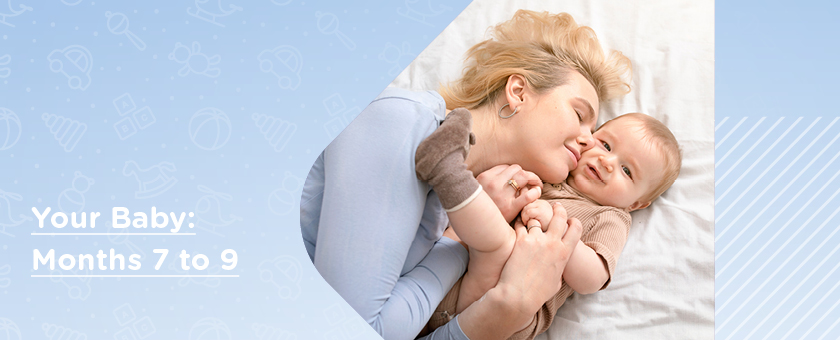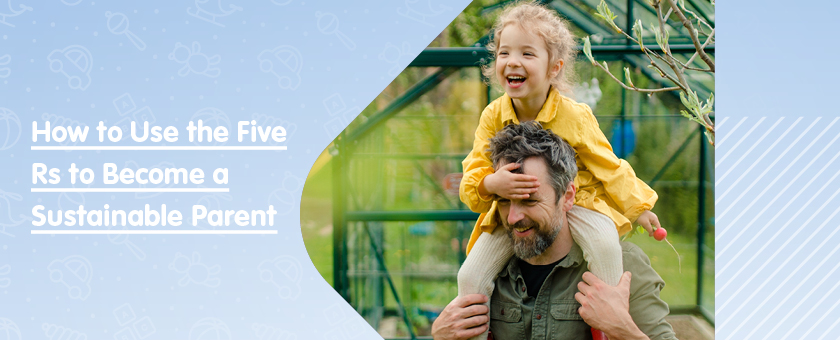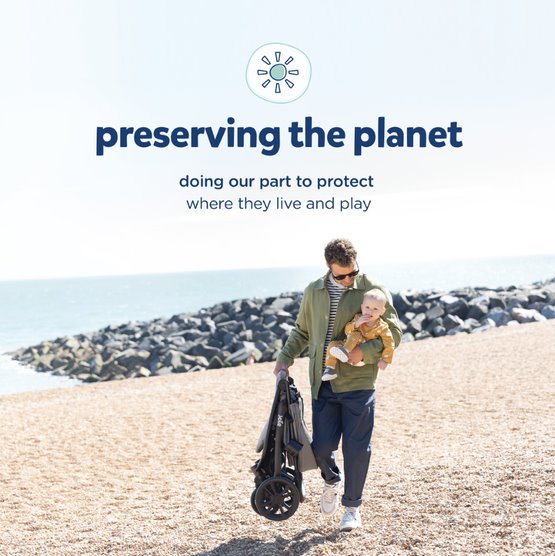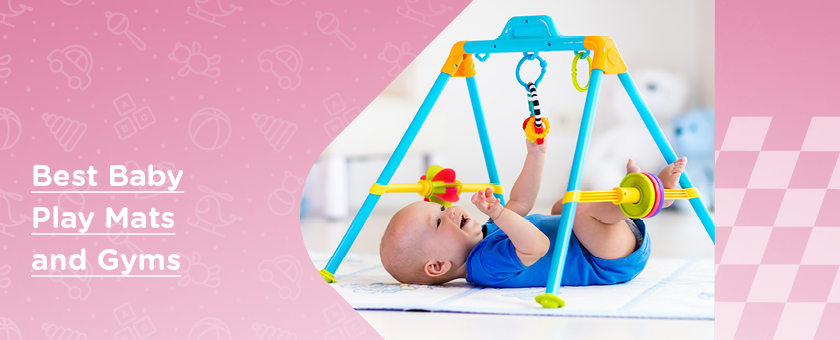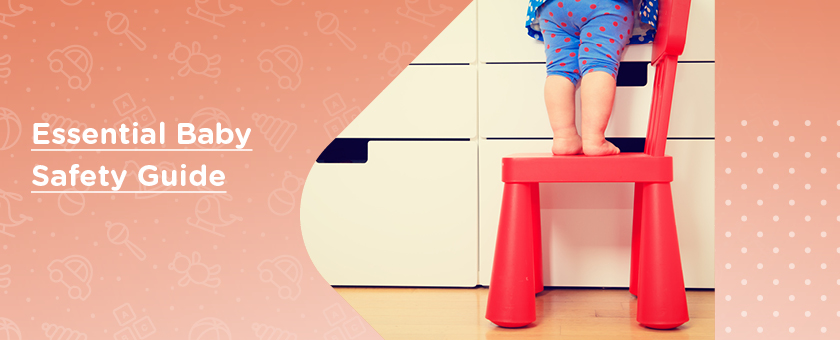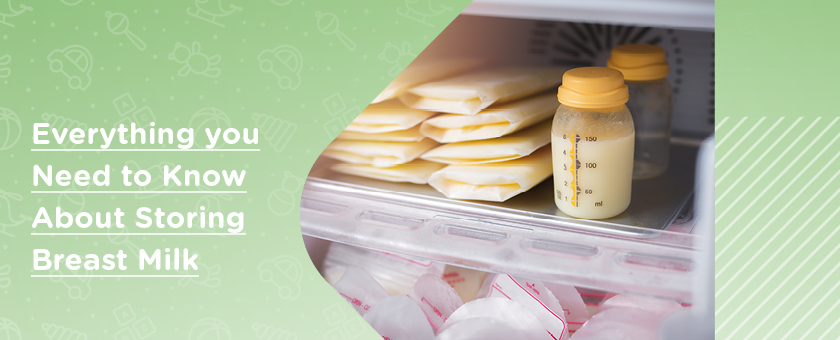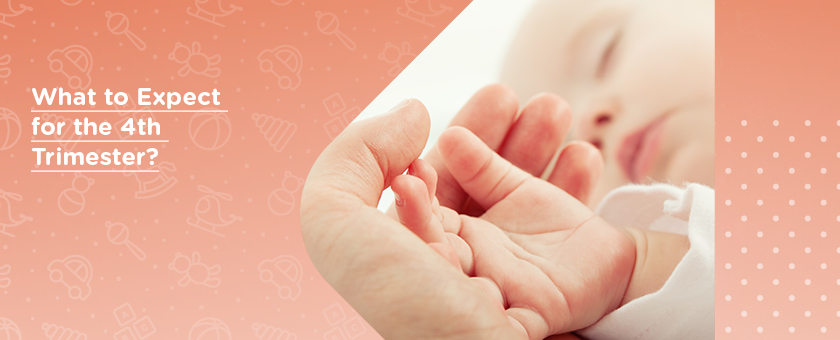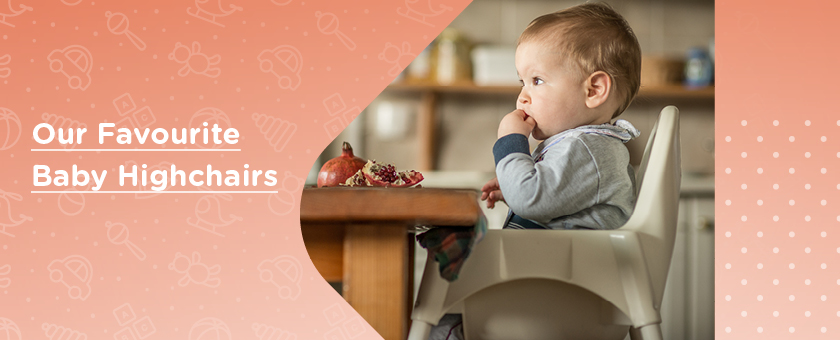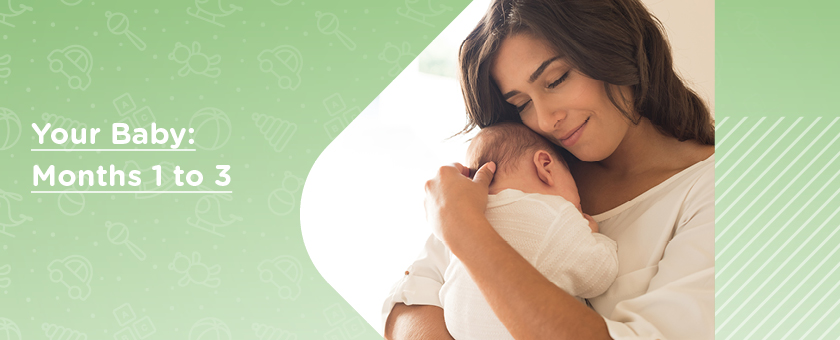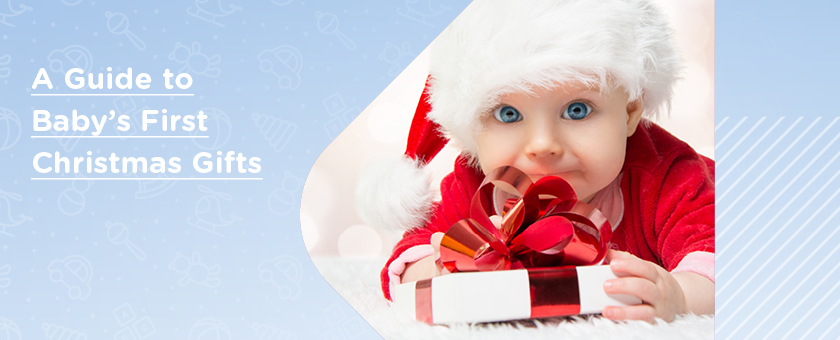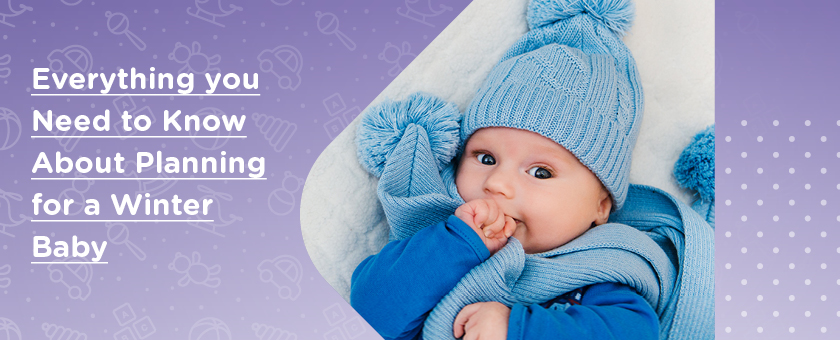So, you’ve reached a new and exciting chapter in your little angel’s development – months 7-9! This is the wonderful time in which your bub’s motor and communication skills come on in leaps and bounds, weaning begins, and first teeth even start to emerge!
Here are just a few of the amazing things you can look forward to during these magical months.
Growth
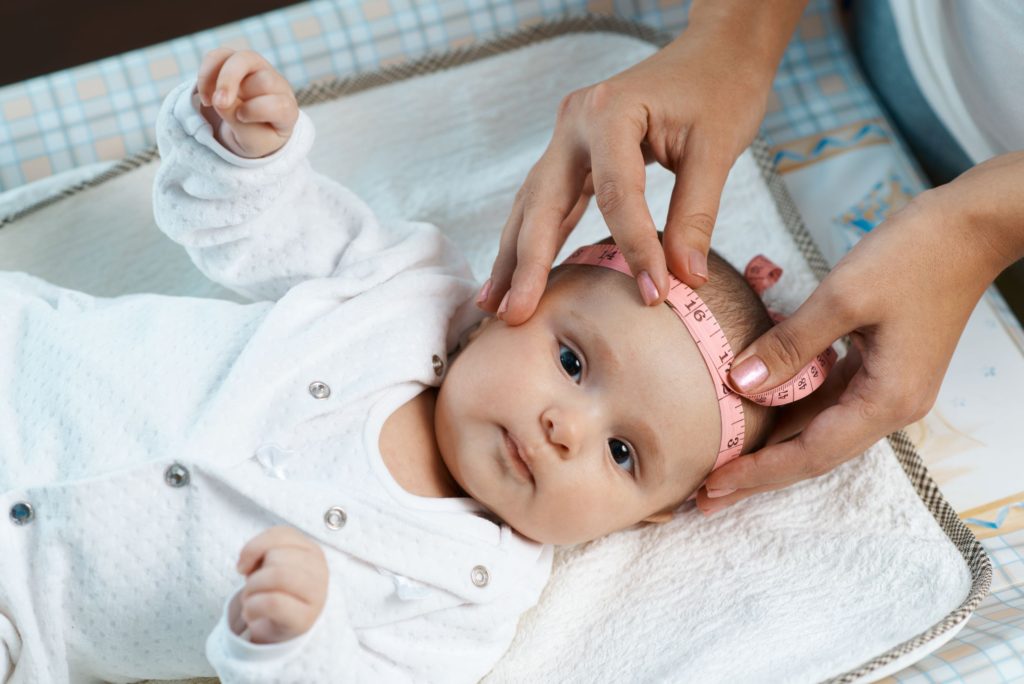
During months 7-9 your darling will grow an average of half an inch and gain about a pound in weight every month. They’ll also add around a quarter of an inch to their head circumference each month. By nine months old, your munchkin will have added around ten inches to their birth length.
Sleep

The 7-month sleep schedule is much more reliable than that of a younger baby, meaning you won’t have to get up in the night quite so much (thank goodness!). During this time, your little one should sleep twelve to fourteen hours a day. This includes nine to twelve hours of night-time sleep, plus two to three naps a day which should each last between one and two hours. The 7 to 9-month period is when the number of naps per day can be decreased from three to two.
However, you aren’t quite out of the woods yet when it comes to difficult nights, we’re afraid! Unfortunately, at around eight or nine months old, your little tyke will go through a sleep regression. This will last a few weeks and may include:
- Lots of crying
- Nap resistance/shorter naps
- Clinginess
- Waking up in the night
- Fussiness
Whilst this sleep regression may be annoying, it’s actually a compliment! It’s caused by separation anxiety – your tot can’t sleep because they miss you! As sweet as that may be, we’re sure you still want this sleep regression over ASAP- so here’s a few tips to help.
- Tire your tyke out with physical activity during the day
- Remove distractions (like toys) from baby’s crib
- Make sure your bub is well fed
- Check your baby is dry
- Put your little one down for naps at nap time (even if they don’t sleep)
- Place your child in their crib rather than holding or rocking them to sleep
- Establish a predictable bedtime routine
Food
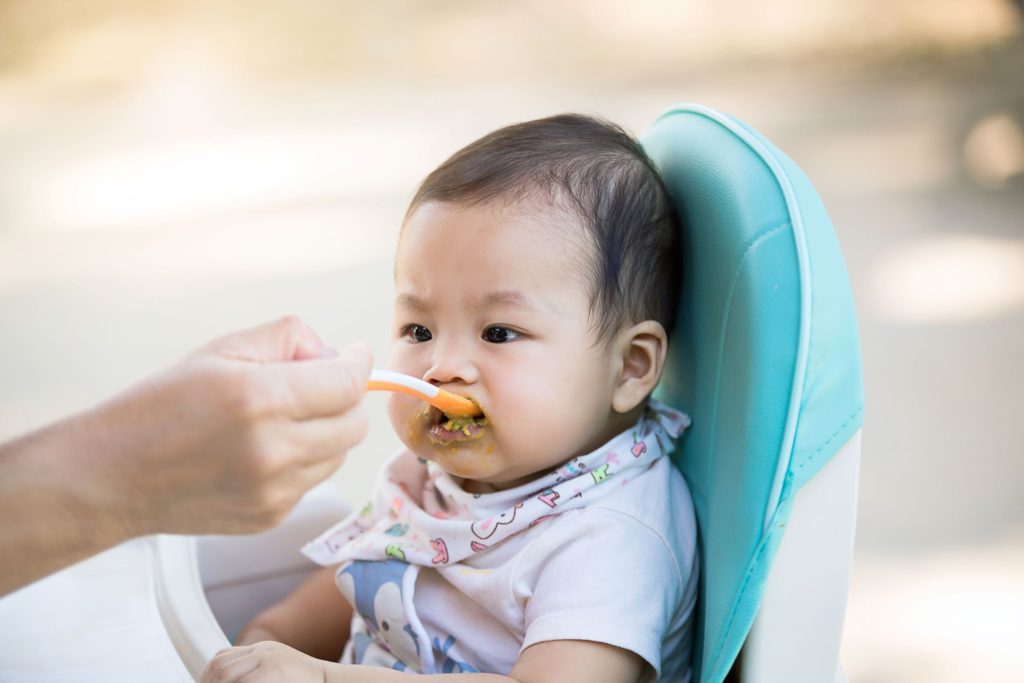
One of the big 7–9-month baby milestones is the gradual introduction of solid foods. At 7 months old, your baby can start to have some solid mashed or pureed food introduced into their mostly milk-based diet. There are a few key ways to check that your little one is ready for this exciting step:
- They weigh double their birth weight and are at least 13 pounds
- They can hold their head up
- They can sit upright in their highchair
- They can close their mouth around food
- They can move food from the front to the back of their mouth
As time progresses, you can include more and more yummy solid foods in your little connoisseur’s diet, and by 9 months old their diet will be a mix of solid food and milk. The NHS recommends giving your 9-month-old three meals a day, with a variety of nutrients and as little salt or sugar as possible. Food does not have to be fully pureed by this point, as you can now try your child with more mashed and lumpy food and even soft finger foods like sliced banana. Remember, these three meals a day should be accompanied by three to four daily milk feeds. Signs your little foodie is ready for this step include:
- Pincer grip (they can hold things between their thumb and finger)
- They can pass things from one hand to the other
- They try to use their spoon
- They don’t push food out of their mouth with their tongue
- They swallow food with greater ease
- They can move their jaw in a chewing motion
Motor Skills and Coordination
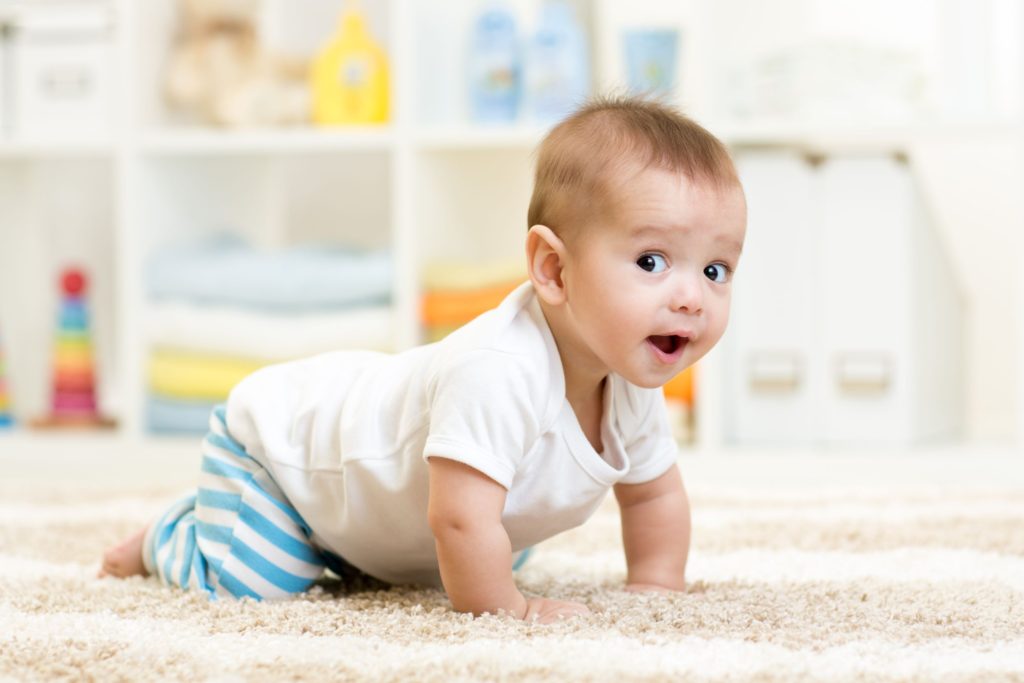
Your little athlete will be picking up some amazing new physical abilities as part of the 7–9-month baby milestones. These include:
- Rolling over in both directions
- Sitting up without help
- Rocking back and forth
- Turning their little head to track objects whilst sitting
- Picking up objects
- Pincer grip (thumb and finger)
- Putting weight through their feet during supported standing (or even pulling up to standing themselves!)
- Reaching for objects whilst sitting (and not falling whilst doing so)
Another fun new skill your baby may learn at this time is crawling. However, crawling is not one of the essential 9-month baby milestones, and some little angels never crawl at all- they simply go straight to walking! There are also lots of different types of crawling, so don’t panic if your sprog doesn’t adopt the typical hands and knees approach.
As your little explorer develops those mobility and coordination skills, be it picking up objects, crawling, or pulling up to stand, it’s important to be wary about their safety. This means covering plug sockets and sharp corners and keeping dangerous objects out of reach. Luckily for you, Kiddies Kingdom has all the baby safety info you need.
Communication
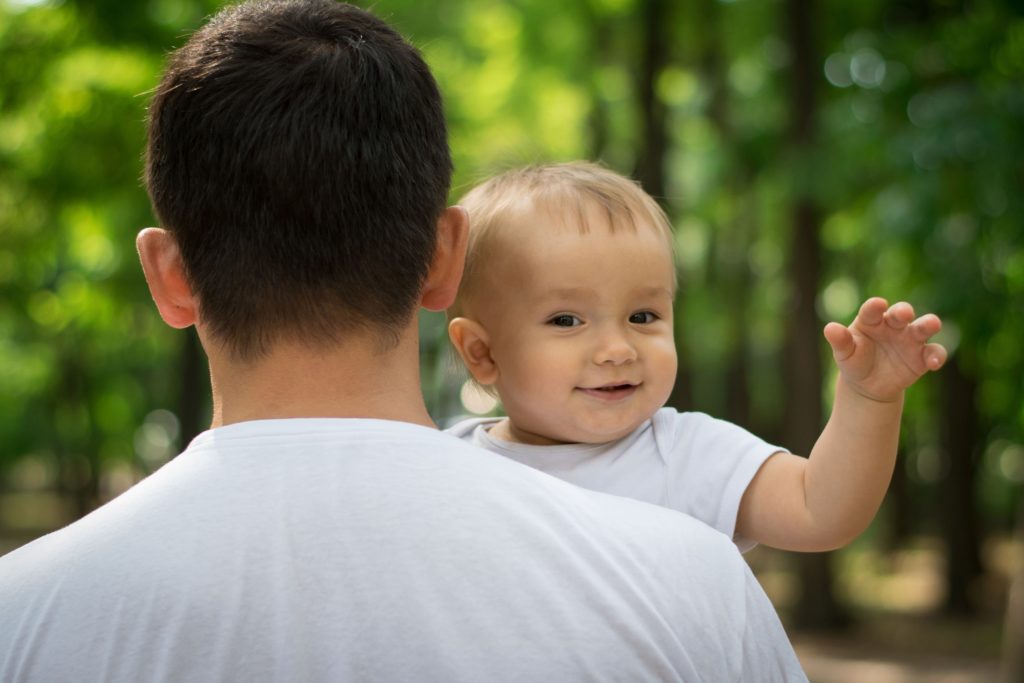
At this point in their development, your bundle of joy is starting to understand more and more about the world around them. They recognise familiar faces and may even be afraid of unfamiliar ones. They also recognise commonly used words such as “no.”
Some of the brilliant communication skills your sweetie may exhibit during this time include:
- Attempting to repeat sounds
- A variety of sounds and syllables in their babbling
- Following simple requests or instructions such as “put it down” or “wave bye bye”
- Responding to their own name
- Eye contact during play
- Communicative gestures like head shaking and hand waving
- Reaching their arms up toward an adult to be picked up
Your angel’s attempts to copy sounds will soon evolve into the most thrilling of baby milestones- their first word! You can help them along in this incredible process by:
- Reading stories
- Singing songs
- Pointing to and naming objects and people
- Chatting to your baby
- Asking your baby questions
- Narrating what you are doing
- Praising their attempts at words by saying “that’s right <attempted word> well done!”
Play
Playtime is a truly joyful time with your baby, and it is so adorable to see them having fun. As an added bonus, play is how babies learn! Here are a few 7–9-month-old baby toys and games to experiment with during this time to nourish your little genius’s brain.
- Noise-making toys: Toys that make a sound when squeezed or pressed are fantastic for teaching your cherub the concept of cause and effect.
- Toys of different sizes, shapes and textures
- Colourful toys: Your kiddo will love bright and vibrant toys as they are developing their ability to tell different colours apart.
- Peek-a-Boo: This game is fabulous for developing your munchkin’s understanding of object permanence. Another way to do this is by covering a toy with a blanket and then uncovering it.
During the 7-9 month period, you may also notice that your cutie has one or more favourite toys.
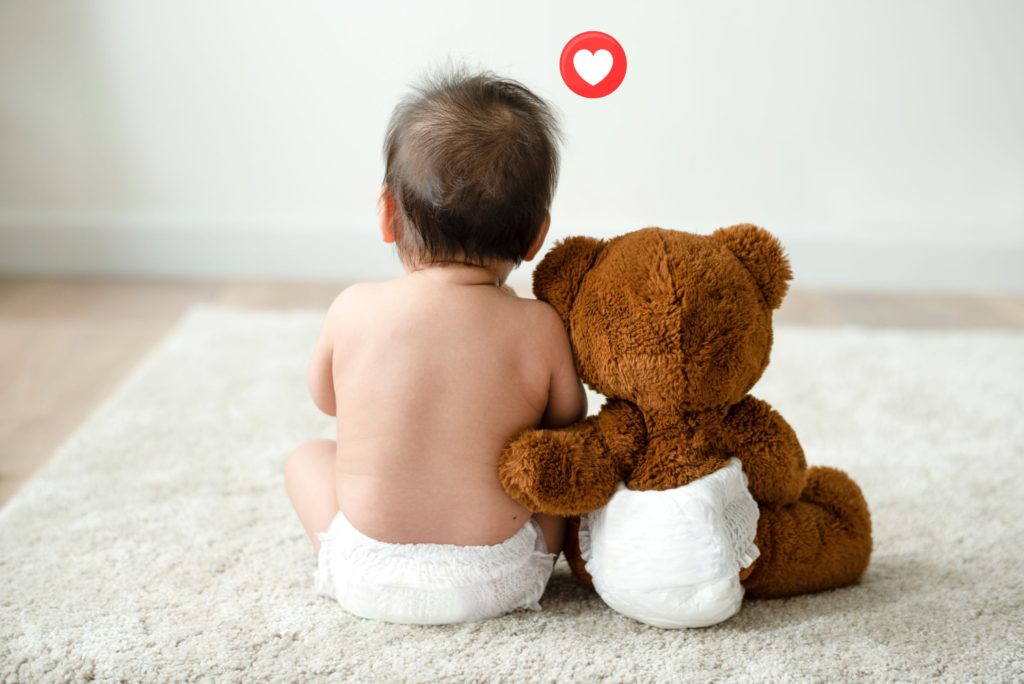
Teeth
One of the most instantly noticeable changes to your bub’s appearance between 7 and 9 months old is the arrival of some pearly whites! The first teeth to emerge will be the lower front teeth, followed by the upper front teeth.
Whilst your little one will surely look adorable with a big toothy grin, the teething process can be quite painful for your poppet. The NHS recommends remedying the pain with a refrigerated teething ring and notes that you should not try to use general oral pain relief gel.
Once that cute little first tooth appears, the NHS says that you should register your sprog with a dentist and start brushing their teeth twice daily.
The best way to brush your bub’s teeth is to pop them on your knee and place their head on your chest. Then squeeze a rice grain sized smear of fluoride toothpaste on a soft bristled toothbrush.
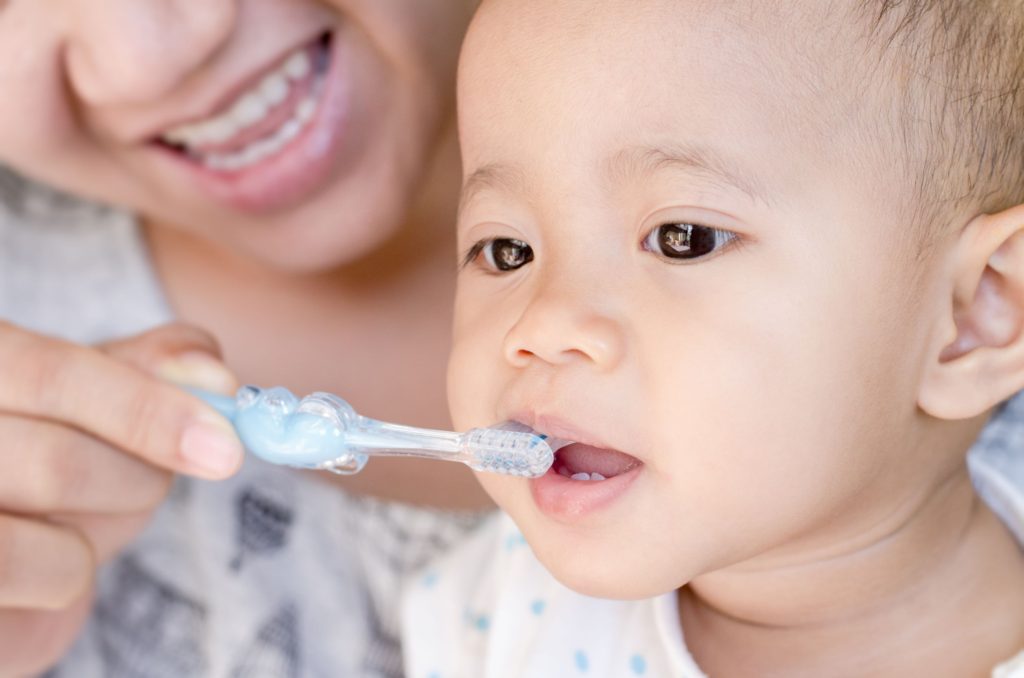
These are a thrilling few months for you and your darling, with so many spectacular milestones to enjoy. Don’t worry if your baby doesn’t hit each milestone at the exactly when expected, as each and every little angel develops at their own rate. Whatever months 7-9 have in store for your bub, Kiddies Kingdom is here for you every step of the way.

